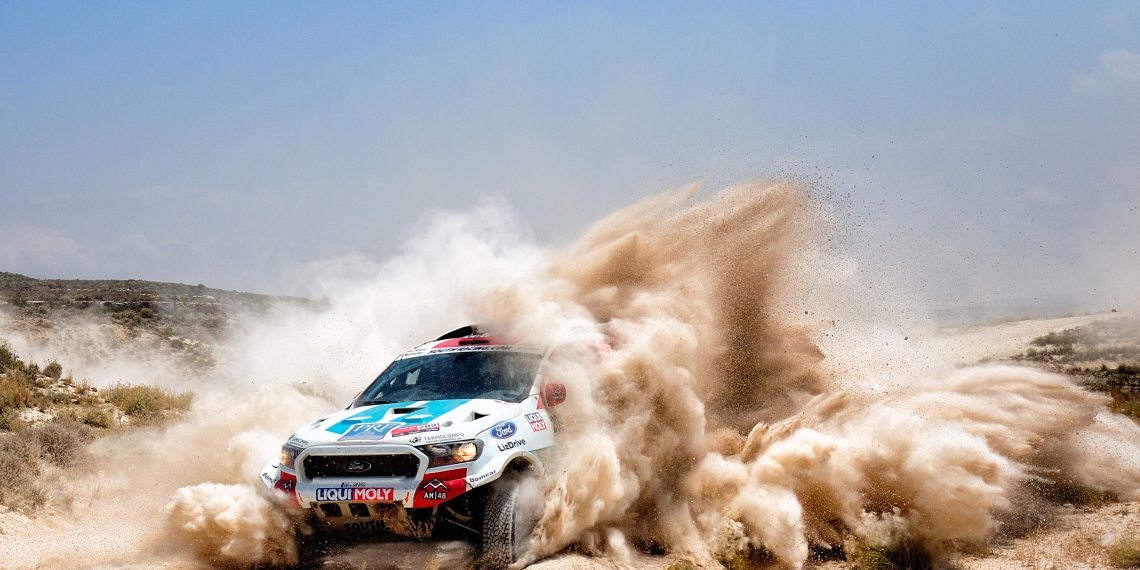David Castera, the race director of the notorious Dakar Rally in Saudi Arabia, has a storied history within the world of motor sports. From a competitive background as a professional Enduro and Rally Raid driver, which included becoming France’s National Enduro Champion in 1992, Castera has transitioned to orchestrating one of the most challenging motor sports events on the globe. Since his appointment as director in 2019, he has been pivotal in relocating the rally from South America to Saudi Arabia and is now at the helm for the fifth year.
In a discussion about his leadership, Castera delved into the technological advancements now shaping the Dakar Rally. Emphasizing the need to align with environmental concerns, he highlighted the rally’s initiative to incorporate hydrogen-powered and electric vehicles. His vision sees the Dakar Rally not only adapting to the changing technological landscape but also serving as a testing ground for innovative mobility solutions that could have broader applications in the motor sports industry and beyond.
Castera shared insights on the immense task of planning and executing the rally. The route planning and logistical coordination are vast undertakings that require meticulous attention and constant adaptation to the challenging Saudi terrain. His passion for motor sports and the adrenaline rush of being in the desert are what fuel his dedication, despite the pressures of managing the event. Castera finds joy in the pre-rally preparations, such as reconnaissance missions and sharing his experiences with competitors, over the rally days themselves.
Organizing the Dakar Rally is a year-long endeavor, involving numerous teams both in Paris and within Saudi Arabia. The preparation involves multiple inspection trips and roadbook checks to ensure the rally’s success. This process effectively means conducting several Dakar rallies before the main event to ensure routes are properly vetted and approved.
Over the past five years, Castera has witnessed the evolution of the rally in Saudi Arabia, from initial explorations to deeper ventures into the Empty Quarter and adapting to the ever-changing difficulties of the desert. The rally has become more challenging with colder nights and diverse weather conditions, contrasting with the previous South American heat.
The uniqueness of the Dakar Rally in Saudi Arabia lies in its varied and expansive deserts, landscapes, and weather patterns that create a distinctive racing experience. Navigation is particularly challenging, and the rally continues to introduce novel concepts, such as the “48 Hours Chrono,” to maintain its status as the preeminent rally in the world. Castera credits the Saudi landscape and imaginative planning for keeping the rally fresh and appealing.
The Dakar Rally in Saudi Arabia demonstrates a commitment to sustainability and the spirit of motor sports innovation, with the latest edition taking place from January 5 to 19.


